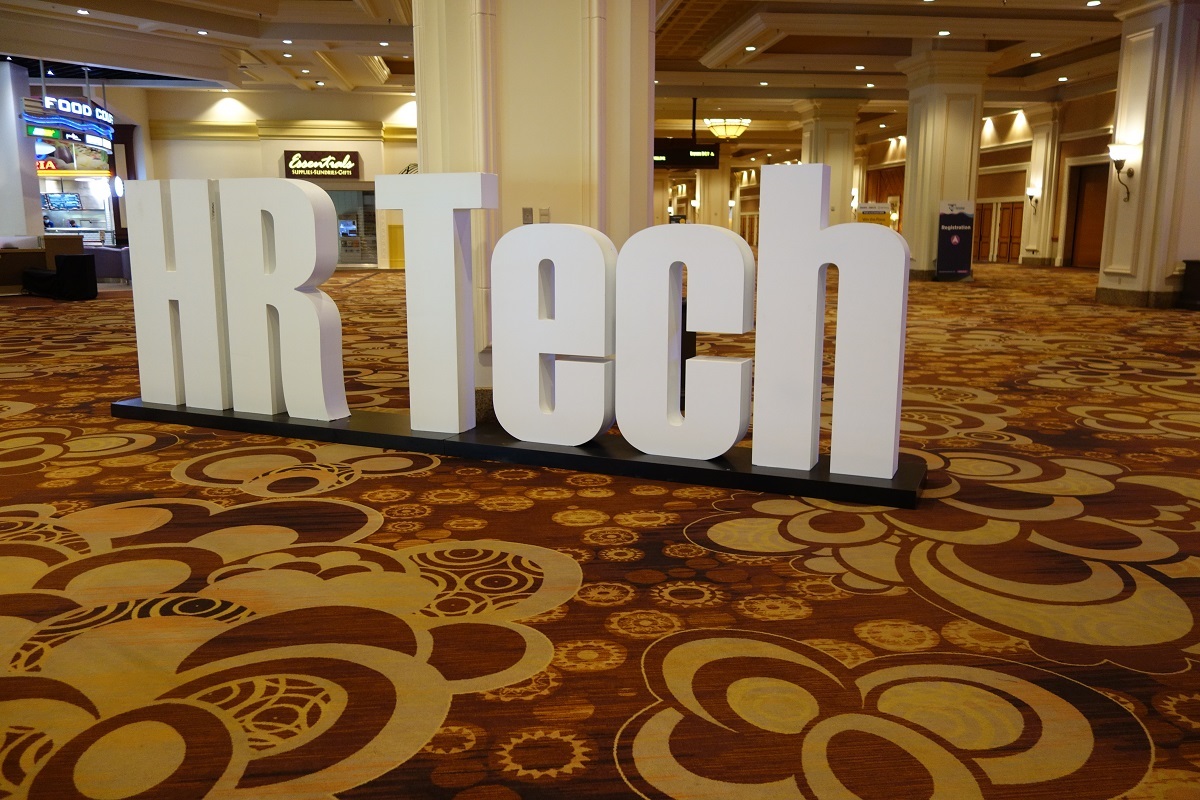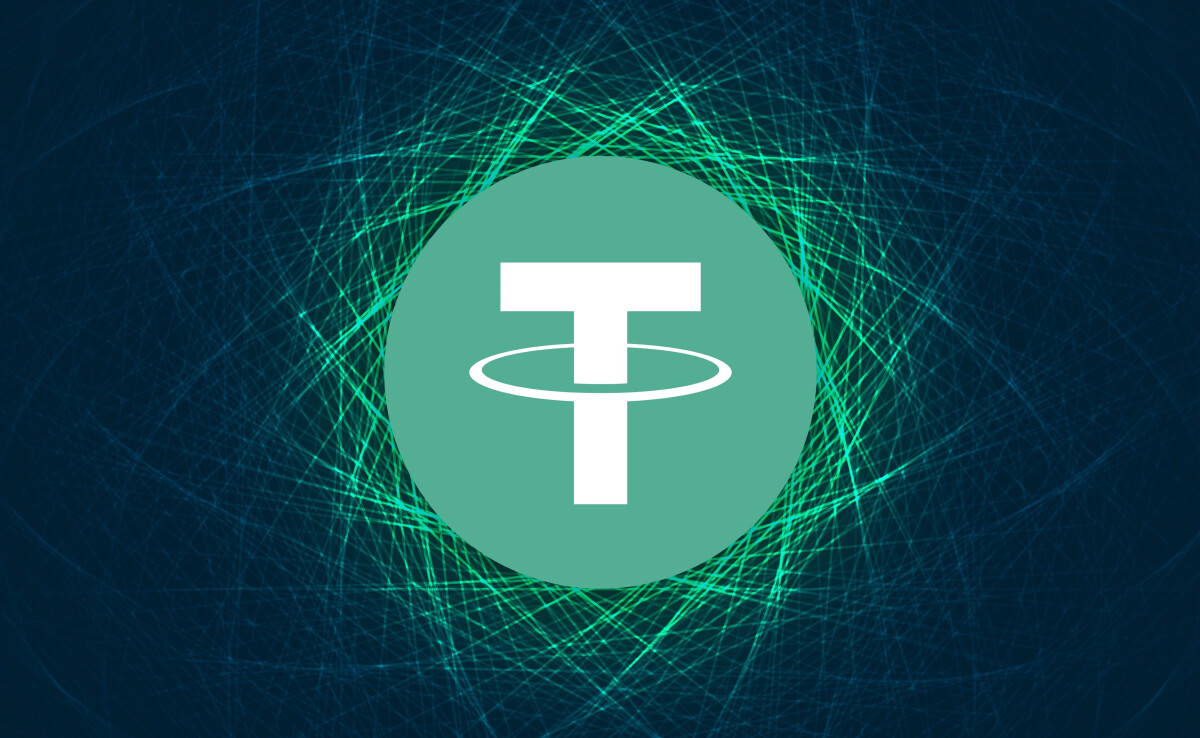My hunger for interpersonal connection peaked earlier this year during an unexpected karaoke adventure in Stockholm, and that stranger-filled evening was a stark reminder of the importance of both spontaneity and our base human need to find joy and engagement with others. Fast-forward to today and hardly an hour goes by without someone sharing a beaming LinkedIn group photo celebrating at a company offsite, strategic planning session, team retreat, and … wait for it … industry event.
Conferences are experiencing a renaissance, with planners balancing an ongoing virtual necessity against hyper-engaging live experience design. For attendees, some may certainly be questioning (or being questioned about) whether returning to live events is worthwhile. After all, the HR wheel kept turning—and perhaps grinding—while shutdowns and virtual sessions were the norm. Given most organizations are now emerging from their economic bunker and squinting into the bright lights of transformation and change, targeted budget allocations and event investments are certainly in full conversational swing.
One of the largest in our industry, the HR Technology Conference (colloquially known as “HR Tech”), is less than two months away. This annual technology, transformation and teaching reunion has always fostered a sense of potential FOMO, with HR professionals, industry luminaries, technology and service providers, academics and emerging graduates engaging in an omnichannel conversation that inevitably starts with, “Are you going to HR Tech this year?”
The answer for us is yes, and we’re bringing nine advisors for five very specific reasons that may resonate with you.
1. Market evolution
HR technology providers were forced to innovate with unprecedented speed and agility over the past few years. We have seen these developments, unfortunately, outpace many practitioners’ ability to keep up. With consumption and deployment falling behind these rapid release cycles, HR Tech is a chance to experience these changes as opposed to reading about them.
By talking to providers, seeing how they present themselves, assessing how they integrate into your tech ecosystem and discussing what’s next, you can move beyond the release notes and announcements into practical application. And if your incumbent providers are in attendance, you should absolutely chat with their executives about how your relationship is faring, where you see opportunities for improvement and ensure your voice is heard.
2. Quiet contemplation
Every organization finds itself in a very different place than a few years ago, and HR is squarely at the center of every social, physical, political, economic, worksite and technological debate imaginable. Add regulatory, legislative and statutory changes to this already-overwhelming list, and HR simply can’t keep up.
There is something truly cathartic about putting your device on vibrate, waiting for the lights to come down, applauding while that expert or peer takes the stage and just absorbing without distraction. Conferences give us a chance to focus on one thing at a time, and that’s an amazing gift when you feel like the weight of the world is on your shoulders every single day.
3. Peer connection
HR Tech is one place where you can talk one-on-one to dozens of people in very similar situations to your own. Your peers may be where you are today, where you’ve been in the past or where you intend to go in the future, and the lessons learned are invaluable as you plot your own course for change.
Yes, there are literally thousands upon thousands of attendees swarming in every possible direction, and that might seem overwhelming and a little intimidating at times. But if you identify the speakers you’d like to chat with after their session; look at the mobile app to see who else is there in a similar role, size or vertical market; and assess which booths or provider sessions might be of value, this suddenly becomes quite manageable.
The trick, in our experience, is to do as much pre-work as possible, but not overplan to the point of missing those organic moments along the way. I have been to hundreds of events over the past 30 years, and I have yet to encounter anyone who isn’t willing to say hello, engage in meaningful dialogue and exchange contact information for a post-conference connection.
IA’s Mark Stelzner and Kimberly Carroll will lead a mega session, What is Your HR Tech “Credit Score”?, on Oct. 11 at HR Tech. Register today.
4. Content consumption
With so many attendees and each with individualized needs, it can be quite daunting to create the “perfect” conference session. Fortunately for you, there are more than 125 sessions from which to choose your own adventure. Speakers must balance the desire to educate the masses against the reality that their content may not apply to everyone. Your time is important, so if something doesn’t hit the mark, feel free to gather your belongings and pop into your next best topic.
Looking to hear from your favorite experts? Get there early so you can settle and be prepared to absorb. Sick of the same old people? HR Tech is a chance to seek out new voices and hear a different perspective, and often it’s that breakout session with less than 100 audience members that truly connects with you in the moment. Be protective of your time to ensure you get exactly what you need.
5. Personal development
If we’re honest, your current job and role are unlikely to be your last. Regardless of whether your organization sees your potential (and we hope they do), HR Tech is an incredible opportunity to develop skills, knowledge and capabilities in a very personal way. Being thrust into that environment allows you to think about how you talk about yourself, your goals, your company and why you are there.
There are things you simply can’t learn in a classroom, so think of conferences as a simulation where soft skills come to life. If that’s not your goal in the slightest, that’s OK too, as just silently moving through a sea of industry colleagues and content brings a different kind of absorption and development to life.
All of this sounds great, but while you’re reading this column your mobile rang twice, you received 20 instant messages and your inbox continued to grow. As you weigh the pros and cons of attending a major conference, it’s good to take a moment for a reality check: It’s important to acknowledge conferences will never be the catch-all solution—they are trying to meet the needs of providers, attendees, sponsors and the venue. That represents quite a range of perspectives and expectations, so not everything will meet your needs equally.
Conferences are also only as good as the effort you put into them. As mentioned, it’s important that you spend time evaluating the agenda to select the events with content and providers tied to your organization’s strategy.
Once you’ve found that conference, you need to put together a game plan—who is going to attend the conference and why, and what are your expected goals and outcomes. Then you can legitimately support the funding request with crystal clear alignment.
Finally, give yourself and your team time to debrief after the experience. Too often, conferences are a one-and-done event. We find that using team meetings to share key learnings, industry trends and interesting contacts helps reinforce the experience and strengthens the ROI of attending.
Whether you are brand new to the HR Tech Conference or a seasoned pro, approaching each event as an opportunity to learn and connect will make all the difference to you and your team. And if you’d like to chat at the show, drop me a simple LinkedIn connection and we’ll try and find a time and place to meet. We hope to see you there!
Credit: Source link











